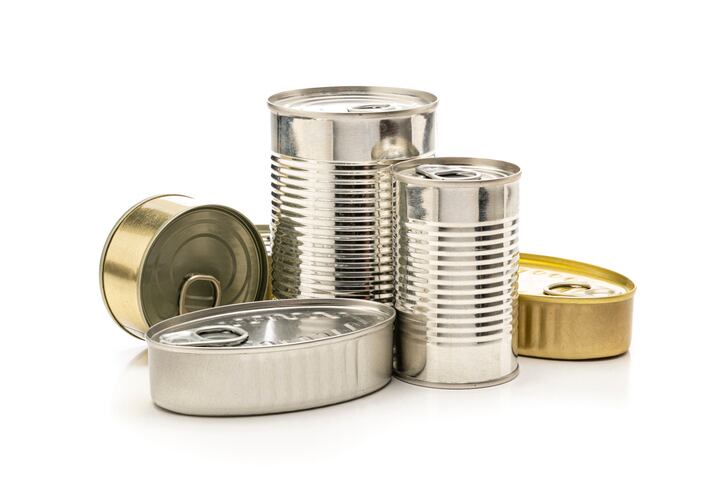While the Consumer Brands Association is “disappointed to see any level of suggested duties on tin mill steel,” which is used in canned food among other products, the trade association’s President and CEO David Chavern said the group appreciates the Commerce Department’s determination that the Netherlands, Taiwan, Turkey and the United Kingdom did not dump tin mill and should not, therefore, endure duties.
CBA and other CPG industry stakeholders lobbied hard against the tariffs, arguing even a marginal increase the cost of tin mill steel would drive up prices by 30% or 58 cents per can for consumers, including many lower-income shoppers who rely on less expensive canned goods to stretch their food budgets. They also argued that the increase could cost upwards of 40,000 US manufacturing jobs as food companies look to reign in expenses.
Korea added to list of countries dumping tin mill in the US
The final duties, with the exception of Korea, are in line with the Commerce Department’s preliminary decision this summer. The final duty rates for Germany and Canada are 6.88% and 5.27%, down slightly from the preliminary suggestion of 7.02% and 5.29%, respectively.
The final anti-dumping rate for China widely is 122.52%, but higher countervailing anti-subsidy rates were imposed on several companies in China, including Boashan Iron & Steel at 649.98% and Shougang Jingtang United Iron & Steel at 331.88%. A rate of 331.88% was also imposed China-wide.
Korea previously dodged a tariff, but now will see at rate of 2.69% imposed on TCC Steel Corp and all others, but none on KG Dongbu Steel Co.
As part of the Commerce Department’s “rigorous, fact-intensive audits of the information companies submitted a part of the investigations, as required by law … one Korean company submitted corrections which resulted in changes to the Commerce’s dumping calculations and an affirmative final finding of dumping,” the Commerce Department explained.
While the tariffs are higher than the CBA and many food industry players wanted, they are markedly lower than those sought by US steelmaker Cleveland-Cliffs and the United Steelworkers union in their petition for an investigation.
CBA: Tin mill steel imports are ‘critical’ to CPG industry
The difference between Cleveland-Cliffs’ initial request and Friday’s determination underscores “how the company incorrectly sought unsubstantiated tariffs at the expense of other US manufacturers and consumers,” CBA’s Chavern said Friday in a statement.
He explained that “imports of tin mill steel are critical to ensuring the availability and continued viability of manufacturing cans, food, personal care and household products here in the United States, because the domestic industry, including petitioner Cleveland-Cliffs, has refused to make steel that meets the quality and width specifications required by downstream users.”
In the coming weeks, the US International Trade Commission will review whether American producers suffered material injury due to the Trade Commission’s findings on Friday. If it finds they did, the duties will remain in place.




